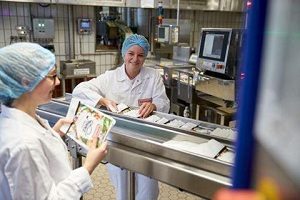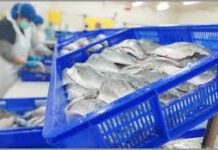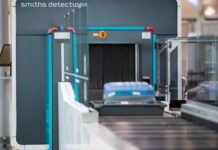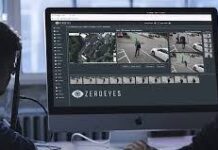
As a modern, growing family business, Wernsing has already recognised the advantages of a video solution to support its production processes several years ago. But the company quickly understood the additional potential that video technology offers beyond traditional security applications. That’s the reason why they now also use IP cameras for other applications, such as for operational support for their internal process flows.
Whether it be potato products, fruit desserts, salads or soups and stews – the numerous delicatessen products of Wernsing, a food company from Northern Germany are sold through wholesalers, numerous food retailers and large discounters in Germany and many other parts of Europe.
A production line at a food manufacturer can take up a considerable amount of space and large distances, and can be difficult to see or reach. In short it poses an ideal field of application for video technology, because the personnel deployment to monitor such a system completely during operating hours on site would be immense. For this reason, Wernsing decided to install cameras on the production lines and set up de-central, video-based monitoring stations in the production area to monitor the production processes.
The process owner can use the live image on the screen to verify that the system is working properly. The advantage: The responsible employee gets all relevant information in real time, if there are problems within the plant.
In addition to the monitoring stations within the production, the images can of course also be sent and retrieved in a central control room. There, in addition to the live image stream, employees can also search the recorded video material for unwanted events or malfunctions. Today, up to 45 users simultaneously access the image data of the over 350 cameras installed.
Right from the start, Wernsing was aiming for a complete security solution that includes not only the video system but also the building management system (advancis Winguard) and access control, thus offering them additional added value for their infrastructure investments. As a certified Seetec partner, Gadcon, the installer/designer, was also able to present yet another solution package to add, that aroused interest at Wernsing: the linking of camera images with process data, which are incurred for example in order processing and shipping.
This approach, which is becoming increasingly popular especially for applications in logistics, also convinced the decision-makers at Wernsing. The system has already proven itself within a very short time. Any shortages within the logistics process can be detected very easily and immediate action can be taken to improve the process. For Wernsing, optimising their procedures with video images directly increase customer satisfaction sustainably.
The project at Wernsing grew quite extensively already during the planning phase. Initially the plan called for roughly 110 cameras to be installed. However, it soon became clear that this number would not be sufficient due to the optimisation potential and the new use cases for video images that had been presented to the customer in the jointly conducted project planning.
That’s why more than 350 cameras are in use today, and Wernsing is counting on Seetec also for future expansion in production. Mr. Seckin Bayindir, project manager at Wernsing, explains: “The system has been very well received by the production staff, as the decentralised monitoring of the production facilities reduces their work load and adds convenience. They like the new system, because they were involved in the planning right from the beginning. It was a win-win situation because it is the staff that works on a production line on a daily basis that knows best where the critical areas are and where problems can occur.”











